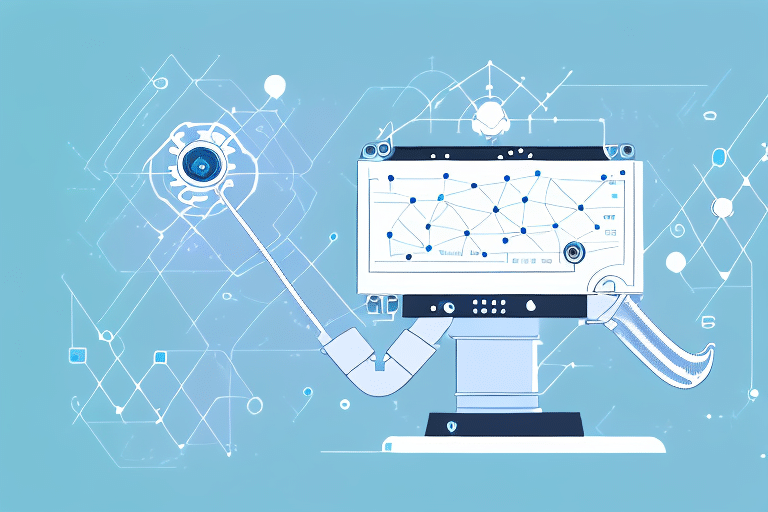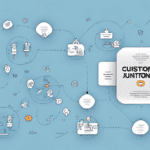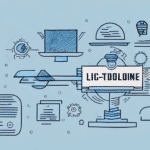Understanding the Importance of Customer Retention
Customer retention is a critical component for the sustained success and growth of any business. Retaining existing customers is not only more cost-effective than acquiring new ones—studies show that acquiring a new customer can cost up to five times more than retaining an existing one—but it also enhances the lifetime value of each customer. Loyal customers are more likely to engage in repeat purchases, provide valuable feedback, and refer new customers, thereby expanding your customer base organically and building a strong brand reputation.
Leveraging Machine Learning for Enhanced Retention Strategies
Machine learning, a subset of artificial intelligence, plays a pivotal role in modern customer retention strategies. By analyzing extensive datasets, machine learning algorithms can uncover patterns and insights that inform data-driven decisions, enabling businesses to personalize and optimize their retention efforts effectively.
Predictive Analytics and Customer Churn
One of the primary applications of machine learning in customer retention is predicting customer churn. By analyzing historical data and identifying behavioral patterns, machine learning models can forecast which customers are at risk of leaving. This foresight allows businesses to implement targeted interventions, such as personalized offers or improved customer service, to retain these high-risk customers.
- Targeted Marketing Campaigns: Personalized emails or promotions tailored to individual customer preferences.
- Enhanced Customer Support: Proactive assistance based on predicted customer issues.
- Loyalty Programs: Incentives designed to reward and retain valuable customers.
Data Collection and Analysis
Effective machine learning models rely on high-quality data. Collecting and analyzing customer data—such as purchase history, browsing behavior, and feedback—enables businesses to gain a comprehensive understanding of their customers. Techniques like clustering and decision trees help in segmenting customers based on their value and behavior, facilitating more precise and effective retention strategies.
According to a Forbes report, businesses that utilize machine learning for customer retention see a significant increase in customer loyalty and a reduction in churn rates.
Personalizing Customer Experiences with Machine Learning
Personalization is key to fostering strong customer relationships. Machine learning algorithms analyze individual customer data to deliver personalized experiences, such as tailored product recommendations, customized messaging, and individualized offers. This level of personalization not only enhances customer satisfaction but also increases the likelihood of repeat purchases.
Scalability of Personalization Efforts
Traditionally, personalization requires substantial time and resources, limiting its reach. However, machine learning enables businesses to scale their personalization efforts efficiently by processing vast amounts of data quickly, ensuring that more customers receive customized experiences without a proportional increase in effort or cost.
Implementing Omnichannel Marketing with AI
Omnichannel marketing ensures a seamless customer experience across all touchpoints—be it social media, email, in-store, or online platforms. Machine learning analyzes customer interactions across these channels to identify preferences and behaviors, allowing businesses to craft cohesive and relevant marketing strategies.
- Consistent Messaging: Ensuring uniform communication across all platforms.
- Behavioral Insights: Understanding how customers interact with different channels to optimize engagement.
- Real-Time Adjustments: Adapting marketing strategies based on real-time data analytics.
Real-time analytics, powered by machine learning, enable businesses to swiftly respond to customer behaviors, enhancing the effectiveness of their omnichannel strategies and improving overall customer retention.
Enhancing Customer Service with Automated Chatbots
Customer service is a cornerstone of retention strategies. Automated chatbots, driven by machine learning, provide instant support and personalized interactions around the clock. These chatbots can handle multiple inquiries simultaneously, reducing response times and freeing up human resources for more complex tasks.
- 24/7 Availability: Ensuring customers receive assistance whenever they need it.
- Proactive Support: Identifying and addressing potential issues before they escalate.
- Data Collection: Gathering insights from customer interactions to inform further improvements.
Implementing chatbots not only enhances the customer experience but also contributes to higher satisfaction and loyalty rates.
Measuring and Optimizing Retention Strategies with Analytics
Continuous measurement and optimization are essential for effective customer retention. Data analytics provides the tools to assess the performance of retention strategies, identify successful tactics, and uncover areas needing improvement. Key performance indicators (KPIs) such as customer lifetime value (CLV), churn rate, and engagement metrics offer valuable insights into the effectiveness of retention efforts.
- Customer Lifetime Value (CLV): Assessing the total value a customer brings over their relationship with the business.
- Churn Rate: Monitoring the rate at which customers discontinue their relationship with the brand.
- Engagement Metrics: Tracking interactions and engagement levels across various channels.
By leveraging analytics, businesses can adopt a data-driven approach to refine their retention strategies continually, ensuring sustained customer loyalty and business growth.
The Future of Customer Retention: AI and Machine Learning Trends
The integration of AI and machine learning in customer retention is evolving rapidly. Emerging trends such as deep learning and natural language processing are set to revolutionize how businesses understand and engage with their customers. These advancements will enable even more sophisticated personalization, predictive capabilities, and automated interactions, further enhancing customer satisfaction and loyalty.
As AI technology continues to advance, businesses must stay abreast of these trends to maintain a competitive edge and effectively retain their customer base.
Best Practices for Incorporating Machine Learning into Retention Strategies
To successfully integrate machine learning into customer retention strategies, businesses should adhere to the following best practices:
- Invest in Quality Data: Ensure the collection of accurate and comprehensive customer data to train machine learning models effectively.
- Collaborate with Experts: Work with data scientists and machine learning experts to develop tailored algorithms that address specific business needs.
- Ensure Data Privacy Compliance: Adhere to data protection regulations to maintain customer trust and avoid legal issues.
- Continuous Monitoring and Refinement: Regularly assess the performance of machine learning models and adjust strategies based on the latest insights and data trends.
Implementing these best practices will help businesses maximize the benefits of machine learning for customer retention, driving long-term success and profitability.
Conclusion
Customer retention is a vital element for the longevity and prosperity of any business. By harnessing the power of machine learning, businesses can gain deep insights into customer behavior, predict and prevent churn, and deliver personalized experiences that foster loyalty. While implementing machine learning-driven retention strategies presents its challenges, adhering to best practices and leveraging advanced analytics can significantly enhance customer satisfaction and drive sustained business growth.
For businesses aiming to thrive in a competitive marketplace, investing in machine learning for customer retention is not just advantageous—it’s essential.




















